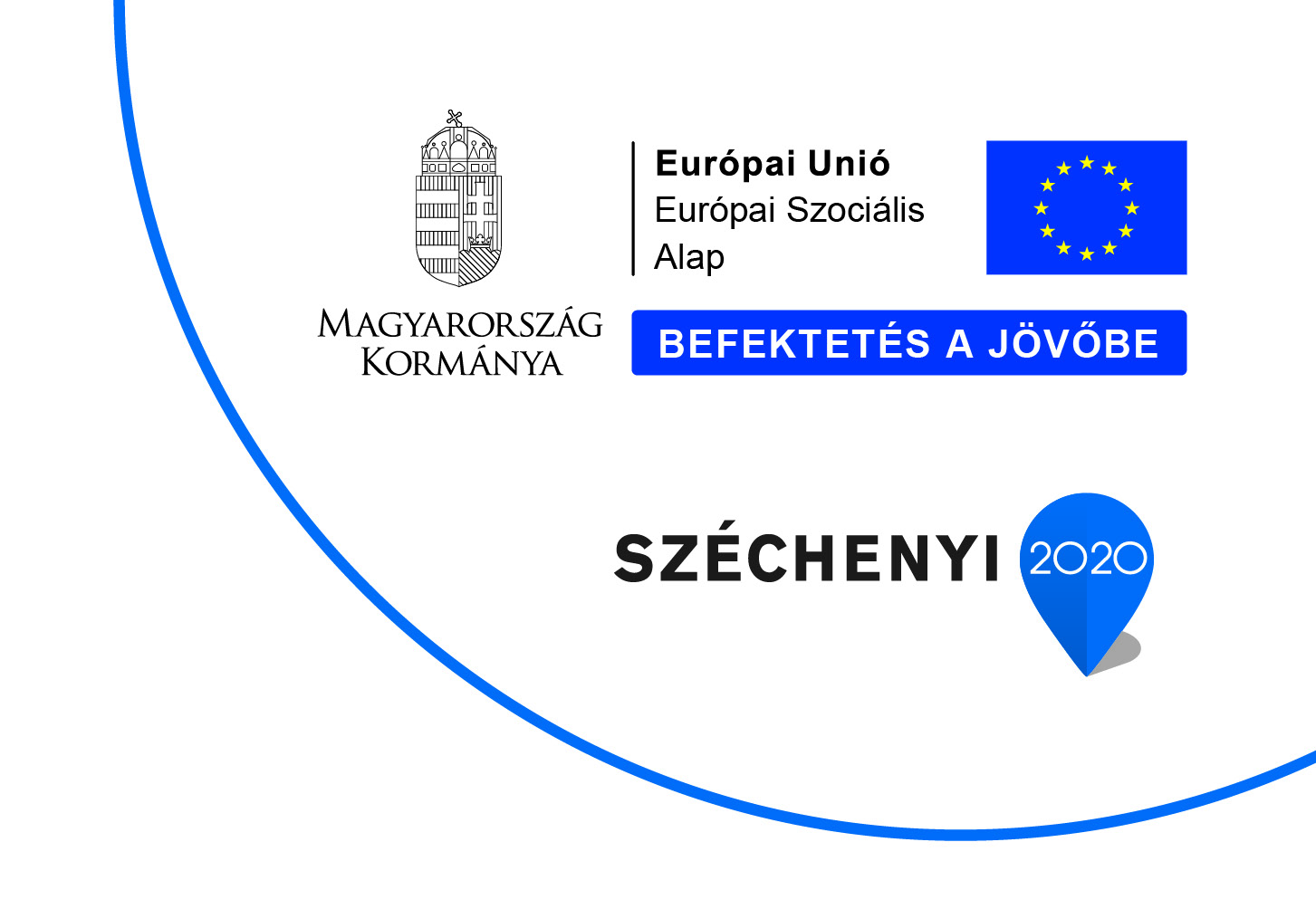Balázsné Lendvai Marietta; Zsupanekné Palányi Ildikó (2016) A hallgatók mentorképe, a mentorok hallgatóképe a Zala megyei duális képzésben. Logisztika - Informatika - Menedzsment, 1 (1). pp. 144-159. ISSN 2498-9037
Előnézet |
Szöveg
13_Ck_Balazsne,_Zsupanekne.pdf - Megjelent verzió Download (2MB) | Előnézet |
Absztrakt (kivonat)
Két felsőoktatást érintő változás indukálta kutatásunkat. Egyrészt a felsőoktatásban már felbukkantak a Z generáció első tagjai, s bár tömeges jelenlétük a következő években várható, fogadásukra fel kell készülnünk. Másrészt a hazai, gazdasági felsőoktatási gyakorlatban viszonylag új elemként jelent meg a duális képzés. A duális képzés és a Z generáció témájának összekapcsolása adta kutatásunk témáját, melynek fókuszában a Z generáció jegyeinek feltérképezése áll, kiemelten kezelve a Z generáció duális képzéshez való viszonyulását, az erről alkotott felfogásának megismerését. Fontosnak tartjuk a magyar felsőoktatási múltban gyökerező mester- tanítvány (a duális képzés esetében mentor-hallgató) viszony „újraélesztését”, tartalommal való megtöltését. Olyan tartalomra gondolunk, amely nemcsak szakmai, hanem etikai vetületeket is hordoz. Zala megye felsőoktatásában a duális képzés a mérnökképzés területén kezdődött el 2012-ben a Zalaegerszegi Mechatronikai Mérnökképzés területén. Majd 2014-ben a BGF Gazdálkodási Kar Zalaegerszeg a közgazdász képzésben úttörő jelleggel elindította duális programját, amelyet 2015 szeptemberétől már akkreditált keretek között folytat. A kutatásunk nagymértékben e két felsőoktatási intézmény duális gyakorlati tapasztalatainak vizsgálatára épül, melyet kiegészítünk a duális vállalatok véleményének megismerésével is.
Abstract
We can find numerous excellent examples of the master-apprentice relationship in Hungarian history in various fields of art, literature, and science. A new field for this kind of relationship is the mentor-student relationship appearing in the dual education system.Dual education has a relatively short history in Hungarian higher education. We conducted a research in Zalaegerszeg, Hungary, in the fall of 2015 in order to unveil the different aspects of the mentor-student relationship in practice, in the framework of the economic and technical higher education taking place here. We strived to identify and gain a better understanding of the mutual expectations as well as their fulfillment, both from the side of the mentors and the students. The primary role of the mentors is to lead the students through the individual practical fields over the course of their studies in an expedient and elaborated manner, trying to help them see, try and experience as many things as possible, as this is the key for them to learn their vocation and acquire competences, which will increase their value on the labor market. What is a good mentor like? What methods do the mentors use? Can the employees of the dual partner companies live up to these challenges? We examined the other side too. How do the companies see the mentored students? Via the examination of numerous questions we get to the ultimate question essential from the aspect of the future of the dual education system too: What makes the mentor-student relationship a successful one? Keywords: Dual education, master-apprentice relationship, mentoring, higher education
Tudományterület / tudományág
05. Társadalomtudományok > 05.03. Oktatástudomány
Kar
Tanszék
Management és Gazdaságinformatika Intézeti Tanszék
Intézmény
Budapesti Gazdasági Egyetem (csak GKZ-s szerzőségű, 2016-2020 között megjelent publ.)
| Mű típusa: | Cikk |
|---|---|
| Kulcsszavak: | Zala megye, duális képzés, mentorálás, felsőoktatás, mentor-hallgató kapcsolat, mester-tanítvány vizsony |
| A mű MTMT azonosítója: | 3193411 |
| Felhasználó: | Judit Góczán |
| Dátum: | 26 Feb 2022 14:16 |
| Utolsó módosítás: | 10 Feb 2023 09:38 |
| URI: | https://perepo-publikacio.uni-pannon.hu/id/eprint/1663 |
Actions (login required)
 |
Tétel nézet |



 Altmetric
Altmetric Altmetric
Altmetric